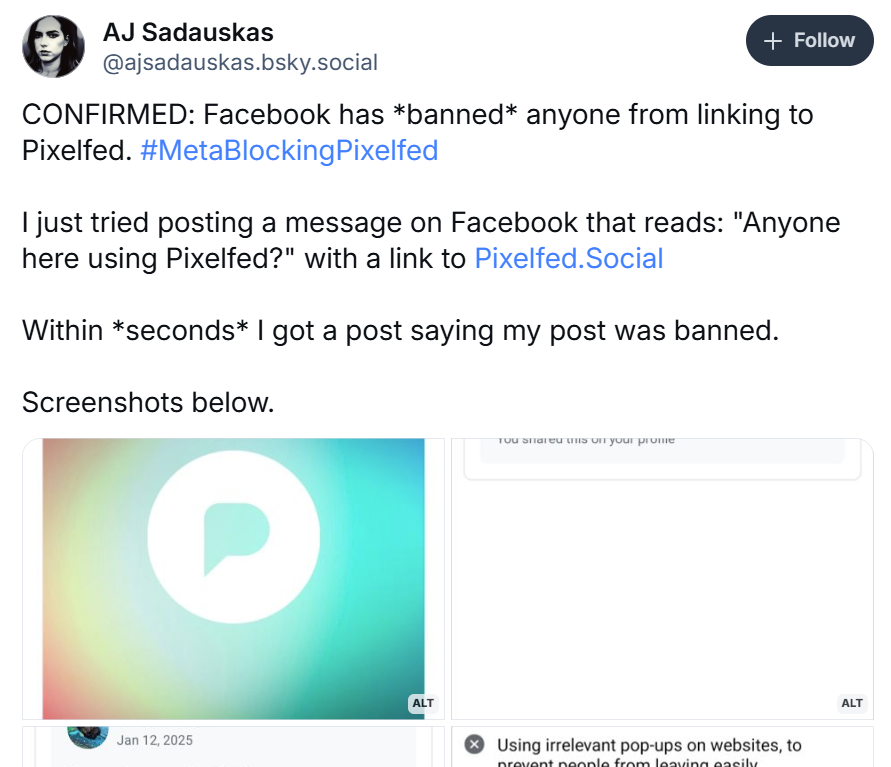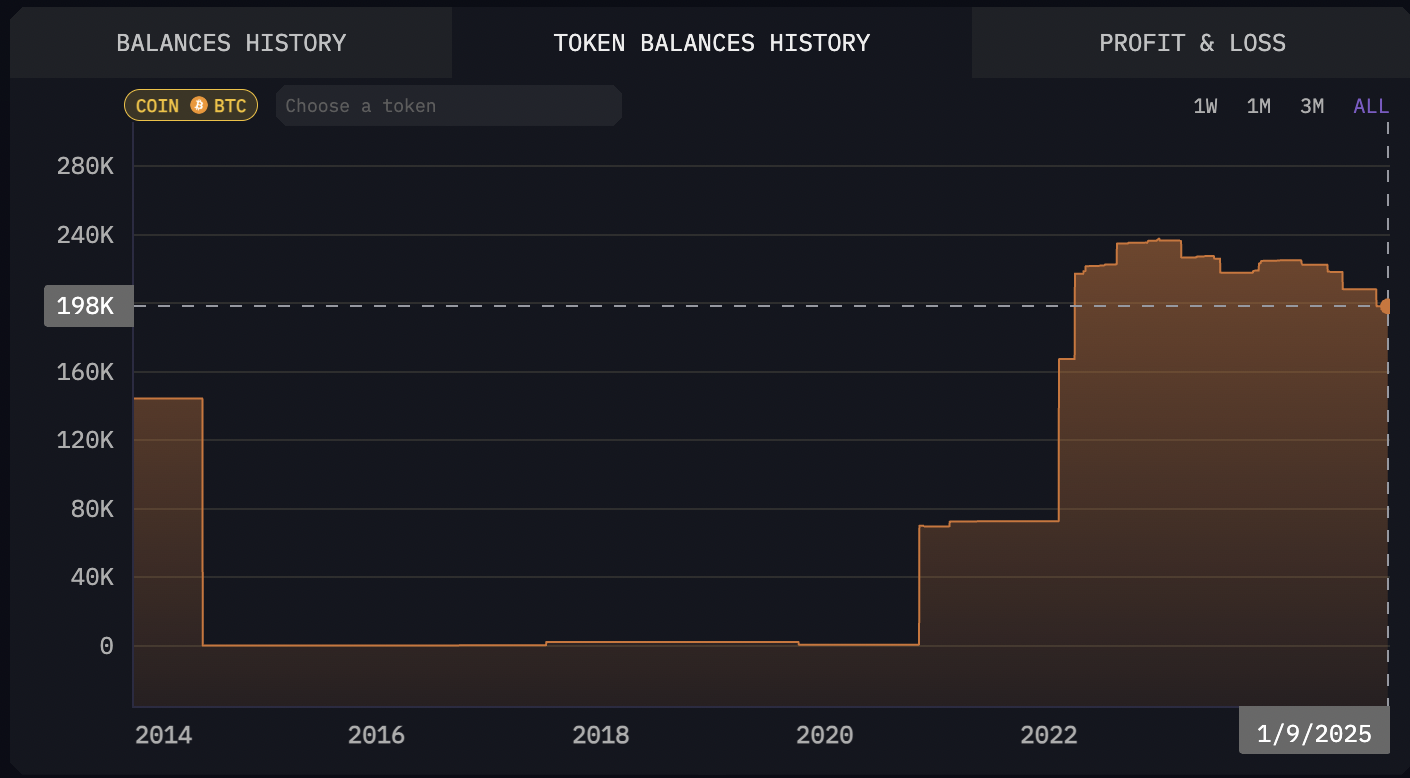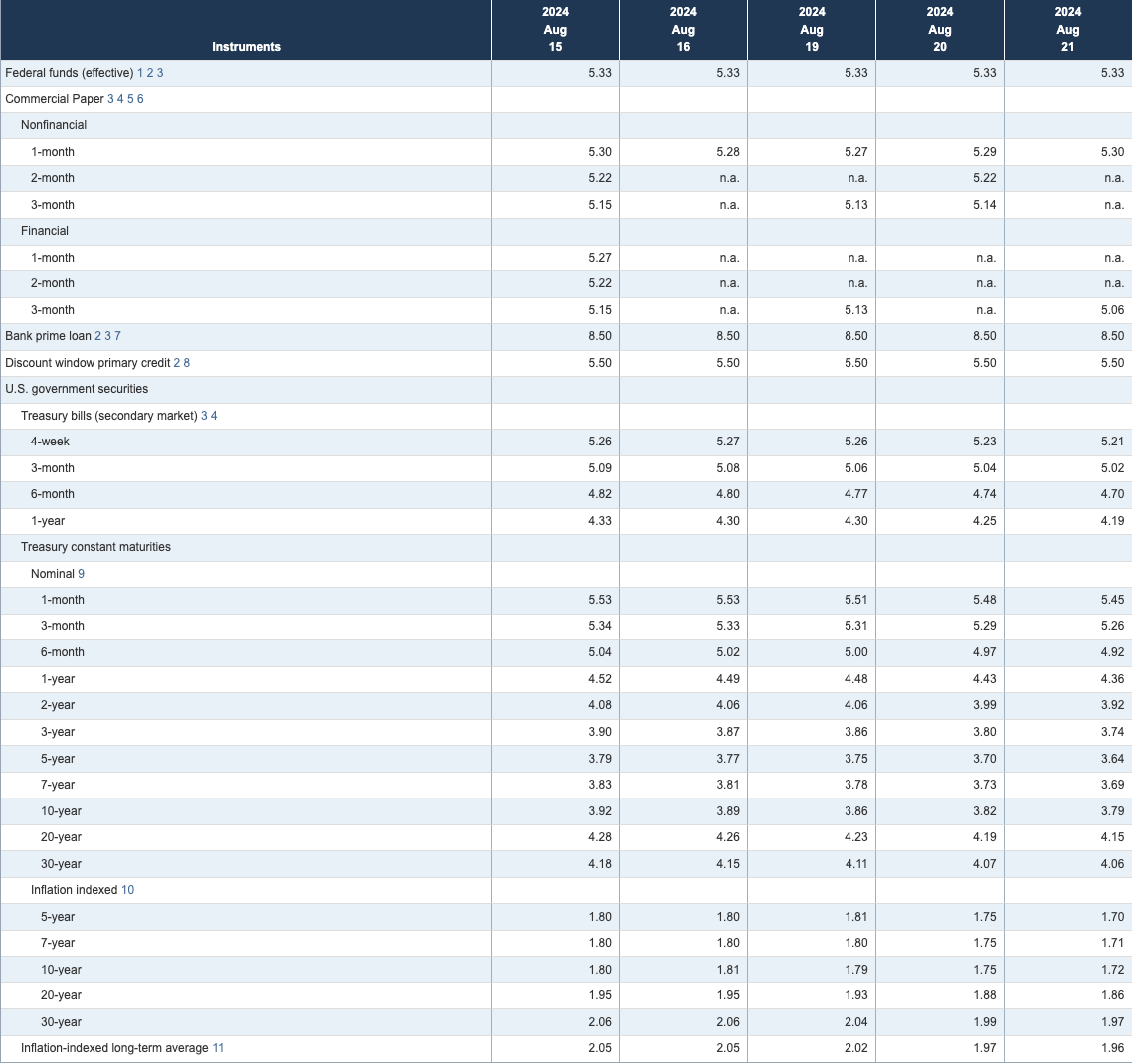Meta CEO Mark Zuckerberg’s change of heart about free speech isn’t what it seems.
On Jan. 7, the Facebook founder said his company would “get back to our roots around free expression” by ending third-party fact-checking in the United States and “lifting restrictions” on speech.
Less than a week later, it became clear that Zuckerberg’s commitment to free expression doesn’t include decentralized social media competitors like Pixelfed and Mastodon. When Facebook users tried to link to these platforms, they were met with “spam” notifications and their posts were purged immediately.
This week’s Crypto Biz explores Meta’s contradictory approach to free speech and whether Zuckerberg is sincere about getting back to his roots — or whether he’s playing a game of political chess with the incoming Trump administration.
The newsletter also explores Tether’s jarring lawsuit against Swan Bitcoin, the emerging role of institutional crypto and a looming TikTok ban in the United States.
Meta blocks decentralized competitors
Meta’s commitment to free speech apparently doesn’t extend to backlinks to decentralized social media networks. According to a 404 Media report, Facebook has been actively removing links to Instagram competitor Pixelfed and Mastodon, an open-source social networking service.
Disgruntled users took to Bluesky to complain about their posts being deleted.
“Facebook has banned anyone from linking to Pixelfed,” said AJ Sadauskas, a Bluesky user. She said her post was deleted by Facebook “within seconds.”
A Bluesky user complains about Facebook censorship. Source: Bluesky
Another Bluesky user, Johan Vandevelde, said the same thing happened to him when he linked to Mastodon. “My comment was immediately removed, also because of ‘spam,’” said Vandevelde.
The deletions were discovered mere days after Meta issued a news release promising “more speech and fewer mistakes,” which included removing third-party fact-checkers in the United States.
A screenshot of Mark Zuckerberg’s five-minute video promising to “get back to our roots” of freedom of expression. Source: Meta
It remains to be seen whether Zuckerberg is committed to free speech or whether he’s trying to appease incoming President-elect Donald Trump, who has previously threatened to jail the Meta CEO.
Tether sues Swan Bitcoin over joint venture dispute
Stablecoin issuer Tether has sued Swan Bitcoin for “significant breaches” in their joint venture agreement.
The lawsuit was confirmed by Tether, which issued the following statement to Cointelegraph:
“Throughout our relationship with Swan, Tether has consistently acted in good faith, supported mutual business objectives, and adhered to all relevant agreements. Conversely, Swan has acted recklessly, and their actions have resulted in significant breaches by them of the agreements between us.”
The lawsuit, which was filed in the High Court of England and Wales, stems from a joint mining venture called 2040 Energy. Tether and Swan set up the operation in 2022 before Swan accused former employees of stealing proprietary information as part of a “rain and hellfire” sabotage campaign.
In August, Swan CEO Cory Klippsten was removed from his leadership role at 2040 Energy.
Tether has denied any wrongdoing, claiming that it abided by its contractual rights under the joint venture agreement.
Crypto drives 25% of revenue at Boerse Stuttgart
Crypto has become a lucrative business for the German stock exchange Boerse Stuttgart, which reported a significant revenue boost from digital asset trading services.
According to a Jan. 15 report by Barron’s, Boerse’s crypto trading volumes tripled last year, accounting for a whopping 25% of company revenues. By the end of 2024, clients held 4.3 billion euros ($4.4 billion) worth of digital assets at Boerse.
Boerse Stuttgart CEO Matthias Voelkel told the publication that he’s bullish on crypto, claiming that the new asset class will continue to grow in popularity. Voelkel cited Bitcoin’s limited supply and growing demand as reasons to be optimistic.
Boerse Stuttgart CEO Matthias Voelkel. Source: Barron’s
For all the euphoria surrounding the pro-crypto Trump administration in the United States, Voelkel said Europe is also becoming an attractive destination for digital asset businesses.
“The market in Europe is benefiting from a positive dynamic,” Voelkel reportedly said.
Will China sell TikTok to Elon Musk?
Concerns about an imminent TikTok ban in the United States have spurred Chinese officials to consider backup plans to keep the social media platform operating in the country.
According to Bloomberg, Chinese officials may consider selling TikTok’s US operations to Elon Musk if the platform is forced to shut down in the country. While TikTok parent company ByteDance is still trying to fight the ban through legal means, the incoming Trump administration is seen as a wildcard.
Bipartisan legislation passed in 2024 mandated a full ban on TikTok in the country if ByteDance fails to divest the platform. Lawmakers say ByteDance’s ties to China represent a national security risk, especially if user data is shared with the government.
Bloomberg said TikTok’s US operations could be valued at up to $50 billion.
For his part, Musk said he’s opposed to a TikTok ban on grounds that it would be “contrary to freedom of speech and expression.”
Crypto Biz is your weekly pulse on the business behind blockchain and crypto, delivered directly to your inbox every Thursday. Subscribe below to stay alert.



